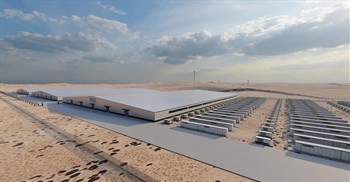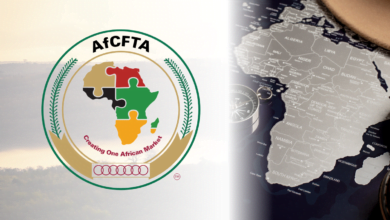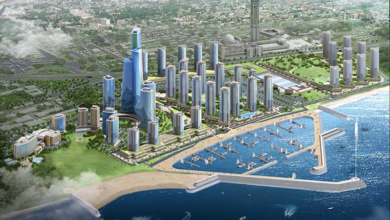With its report, the African Development Bank demonstrates its ambition to finance numerous projects to develop infrastructure and ICT in Africa. The bank’s 2015 report demonstrates the efforts already made, but also the various areas in which the Bank has invested. Seventeen successful projects have benefited from funding of more than $ 2 billion in 2015 and among the Bank’s projects portfolio in the areas of transport and ICT, 114 projects are in operation, in 44 countries with a cost of more than $ 11 billion.
According to its annual report, published on 1 July, ADB has spent more than $ 2 billion in 2015 for the realization of seventeen projects in transport and ICT. The same report shows that 1.2 million public transport users will gain mobility, while more than 18 million people will benefit from better roads. Furthermore, nearly 200 000 jobs will be created in the field of ICT.
This investment of over $ 2 billion represents more than half of the goal set by the bank. This occurs as a result of the opening of the African Development Fund (ADF), and by the increasing use of co-financing via funds such as Africa Growing Together Fund (AGTF). « Over the next few years, the impact of these projects is expected to be particularly important, contributing to regional integration, freeing agricultural potential and facilitating the industrialization of Africa, » commented Amadou Oumarou, Director of Transport Department and ICT within the ADB. Like the road linking Brazzaville to Congo, Yaounde and Cameroon, or the one connecting Bamako to Mali, to the port of San Pedro and Ivory Coast. Financing regional transport infrastructure is among the financial operations of the Bank. These two examples illustrate perfectly the type of cross-border corridors, which should boost regional integration and intra-African trade. Moreover, support for regional integration has also benefited from the funding of a major ICT infrastructure, the optical fiber in central Africa. A $ 12 million grant was awarded to the Economic Community of West African States (ECOWAS) and the Economic Community of Central African States (CEMAC). The latter is intended to strengthen aviation security in the two regions.
Diversification of transport projects
Road and motorway transport corridors have received the largest share of the granted funding. However, the ADB pursues its desire to diversify its projects portfolio. It grants more importance to other modes of transport, such as the urban sector, air and sea. All three together, they represent over 30% of the volume of loans in 2015. Among the projects that demonstrate the involvement of the Bank in favor of sustainable transport modes and urbanization is the rapid Dar bus system -es-Salaam. Indeed, the project aims to reduce traffic congestion and enhance mobility of the inhabitants. It will also help improve the air quality and indeed the public health. The ADB also lent $ 127 million to implement the port project Nador West Med, Morocco and provided a loan of $ 140 million to finance the extension of Sharm El-Sheikh airport in Egypt. Thus, the African Development Bank demonstrates its ambition to bring one of its five key priorities: the industrialization of the continent. This new infrastructure will enable Morocco and Egypt strengthen their value chains and competitiveness.
The area of support to agriculture is no exception. The ADB has also enabled the rehabilitation of the national road No. 2 and the access roads of the island Morfil, Senegal. These infrastructures have an impact, no doubt beneficial in agriculture. They will release the productive potential of previously isolated regions. Agricultural products can be transported and flow more easily, and therefore better sold, reducing post-harvest losses.
The objective of savings
The importance of transport and ICTs as levers of economic development is well established. Indeed, there are transportation systems and efficient ICT to reduce transaction costs, transit times and contingencies and help African countries to better integrate into the chains of agricultural and manufacturing values. Transportation also improve living conditions and inclusion of people by facilitating access to social services and employment. Investments in ICT for their positive impact in terms of access to information, innovation, skills development and job creation. The report also emphasizes the support offered by the Bank to the development of transport infrastructure and efficient telecommunication. Thus, ADB promotes regional integration, development of agriculture and tries to facilitate the industrialization of Africa. This publication is part of the Bank’s efforts to communicate on the various facets of its funding and support activities to the development of Africa. It also has a significant portfolio of projects in the areas of transport and ICT. In all, 114 projects in 44 countries and a total value of over $ 11 billion are underway.
y Darine Habchi





